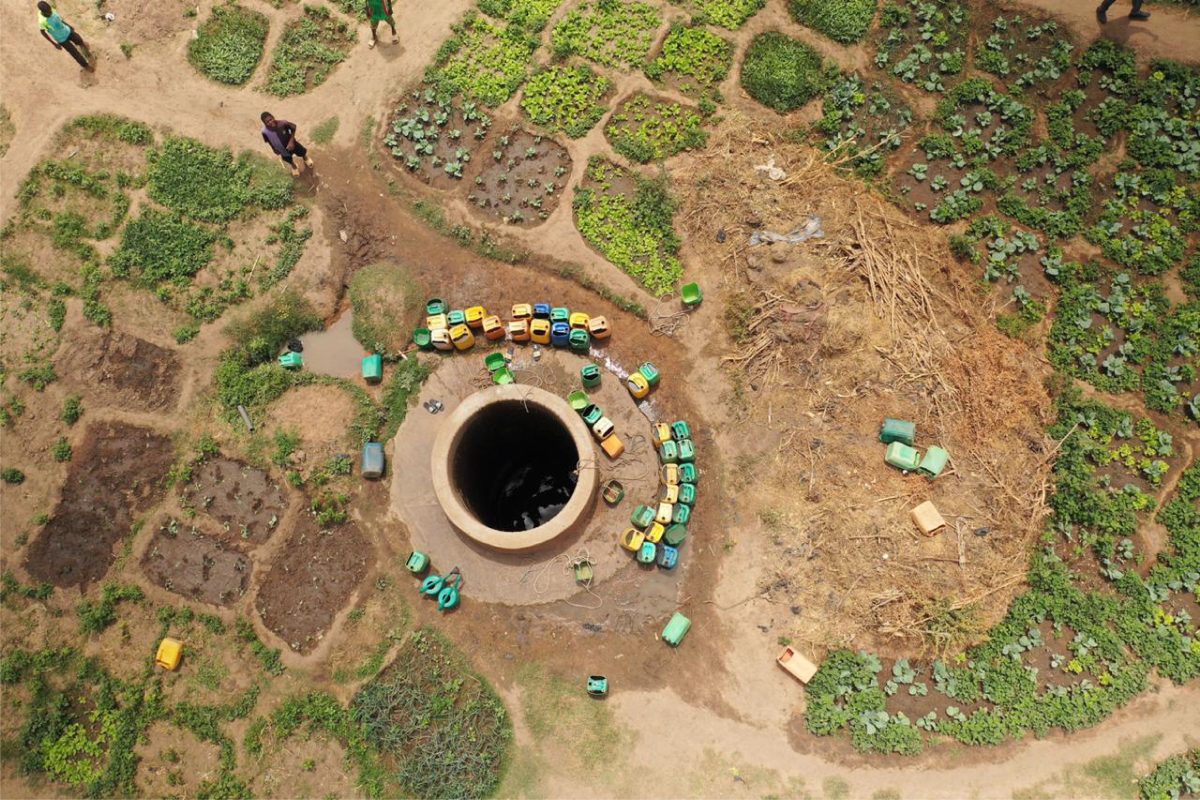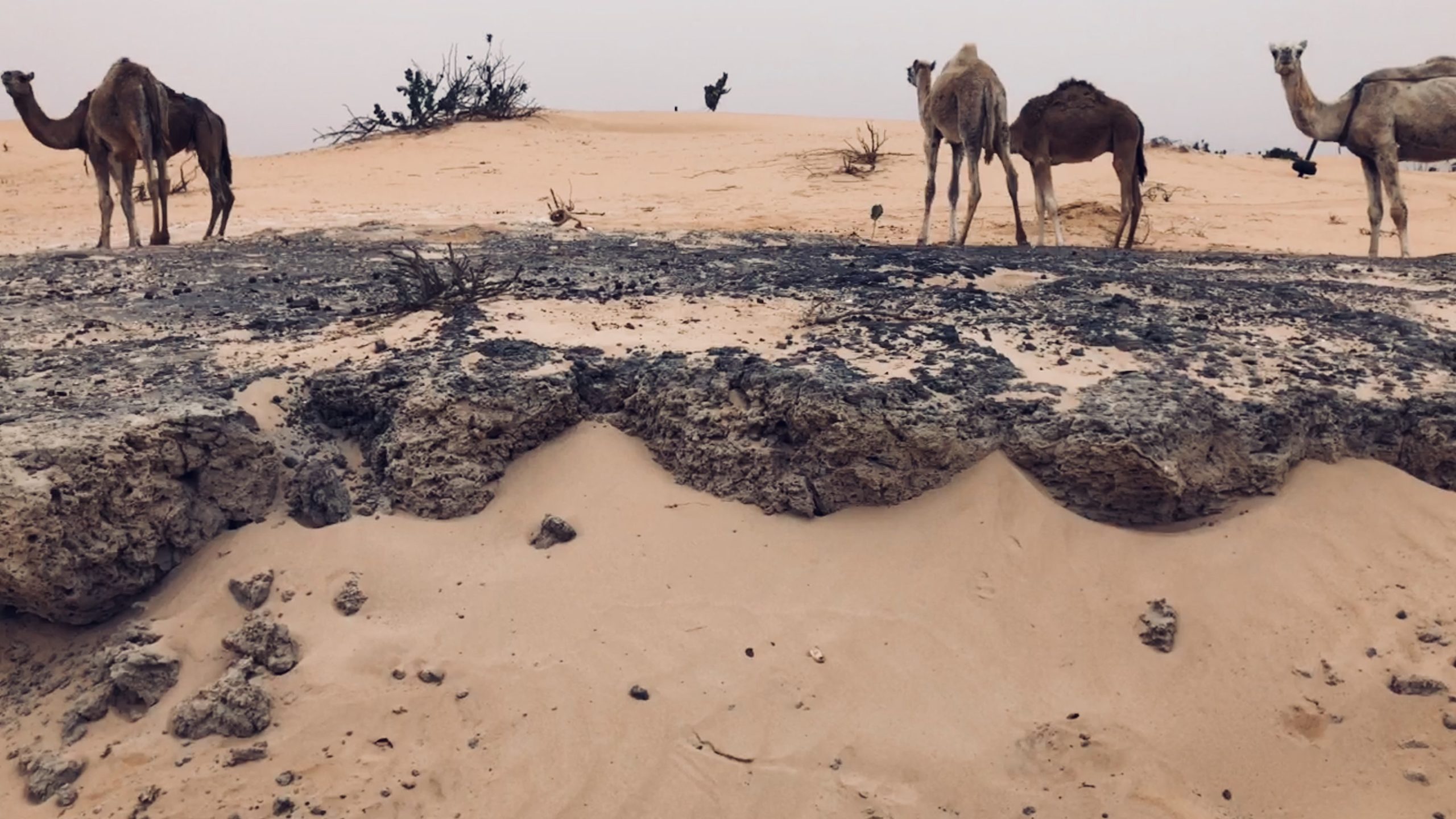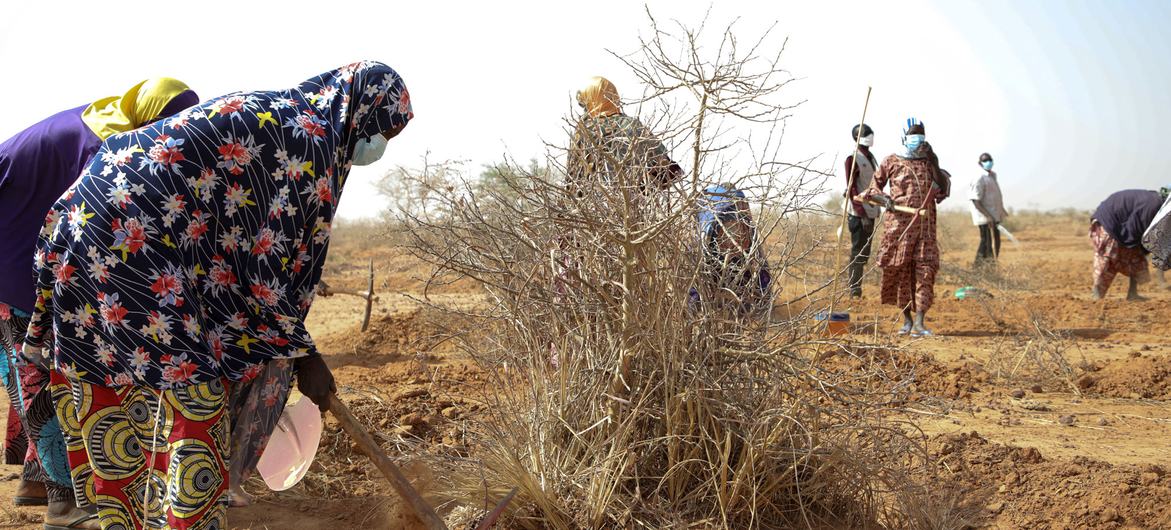Improving Groundwater Development in the Sahel Region
Posted in : Blog on 18 April 2023
Third of a series on the Sahel Groundwater Initiative, launched in 2020. This year, the Cooperation in International Waters in Africa (CIWA), which supports the initiative, began a Learning Note Series to highlight key findings of this initiative.

In the deserts and dryland communities of Western and Central Sahel (Burkina Faso, Chad, Mali, Mauritania, Niger, and Senegal), climate change worsens the scarcity of water resources and threatens livelihoods, agriculture, and industry. The limited number of rivers and lakes to draw water from underscores the importance of groundwater as the region’s main water source. Consequently, the need for sustainable management of groundwater resources is vital to providing water security and socioeconomic benefits to more than 100 million Sahelians. However, most of the investment in groundwater facilities is made without a complete understanding of potential opportunity costs.
To better prepare future interventions and enhance awareness of groundwater as a key factor for water security, CIWA created the Sahel Groundwater Initiative technical assistance program. It aims to strengthen groundwater knowledge and management by focusing on: (1) groundwater governance, (2) groundwater-based farmer-led irrigation development (FLID), and (3) expertise in groundwater science and engineering.
Among groundwater sectors, pastoralism has an important economic impact

Pastoralism is a major economic pillar in the Sahel, where more than 20 million people rear livestock to support their families and livelihoods. The livestock sector contributes 15 percent of the region’s gross domestic product (GDP), but pastoralists are extremely vulnerable to climate uncertainty and water scarcity because of their itinerant lifestyle and the arid and hyper-arid climate. Groundwater plays a key role in maintaining pastoral livelihoods; economic productivity; and human, animal, and environmental health, and there is great potential to develop this resource to sustain livelihoods and the ecosystems they depend on. Nevertheless, a recent study by the Permanent Interstate Committee for Drought Control in the Sahel (CILSS) conducted under the World Bank’s Regional Sahel Pastoralism Support Project (PRAPS) showed that the network of functional water points is inadequate to meet the needs of pastoral households and their livestock. This work highlighted the inaccurate siting of infrastructure and the poor quality of borehole and well design and construction, which results in a significant proportion of infrastructure being only partially or non-operational. To improve pastoral livelihoods, analytical work also highlights the importance of the One Health approach, which integrates human, animal, and environment health service delivery. Pastoral communities gather at water points at specific times, presenting an opportunity within the One Health framework to provide integrated health care services, including vaccination campaigns, to both livestock and pastoralists.
The key findings from the work on groundwater and pastoralism are outlined in Learning Note #1 of the Sahel Groundwater Learning Note series.
Groundwater Dependent Ecosystems (GDEs) are critical to rural livelihoods in the Sahel

GDEs are ecosystems that require access to groundwater to meet all or some of the water requirements to maintain plants and animals, their ecological processes, and ecosystem services. The Sahel has four main geographic typologies of GDEs: inland surface waters, coastal and marine ecosystems, terrestrial oases and springs, and terrestrial vegetation. GDEs provide not only direct goods and services to people including fish, livestock, plants, medicines, timber, and water purification and storage, but also indirect benefits derived from sustaining biodiversity, habitats, and landscapes for social, cultural, aesthetic, ethical, and economic reasons. GDEs are also fundamental to the survival of various protected species and figure prominently in sites covered by the RAMSAR Convention on Wetlands. GDEs in the Sahel are poorly understood, and the groundwater requirements to meet their ecological functions are rarely considered in land-use policies and planning, and this needs to change.
The key findings from the work on groundwater-dependent ecosystems are outlined in Learning Note #2 of the Sahel Groundwater Learning Note series.
How shallow groundwater can leverage Farmer-Led Irrigation Development
Groundwater-based FLID is often only 9-to-12 percent of irrigated surfaces in Western and Central Sahel. Small-scale farmers face technical and infrastructure-related obstacles to increasing groundwater development.Problems include dry or collapsed wells and boreholes, low and declining yields, and low storage. CIWA completed a review of groundwater irrigation techniques and gender barriers in the Sahel and shallow groundwater irrigation technologies used elsewhere in Africa and South Asia, and proposed a series of pathways forward. The design and quality of well/borehole construction can be improved to enhance efficiency, raise extraction volumes, extend asset lifespan, and lower construction costs. Additionally, pumping costs and the complexities of operating and maintaining pumps are often barriers for small-scale farmers, particularly women and other vulnerable populations. New generation solar pumps, with lower capital and operational costs and relative simplicity of installation and maintenance, provide a possible solution.
The key findings from the work on shallow groundwater for FLID in the Sahel are outlined in Learning Note #3 of the Sahel Groundwater Learning Note series
We will update this blog post with new Learning Notes on groundwater governance and how science and expertise can leverage groundwater’s potential in the Sahel.
Learn more
More on the Sahel Groundwater Initiative
Oct. 20 | 2020 | In the Sahel, capitalizing on groundwater expertise is essential
Dec. 18 | 2021 | Elevating groundwater knowledge, exploration capacity, and resources development in the Sahel region of West Africa
CIWA’s other groundwater initiatives


